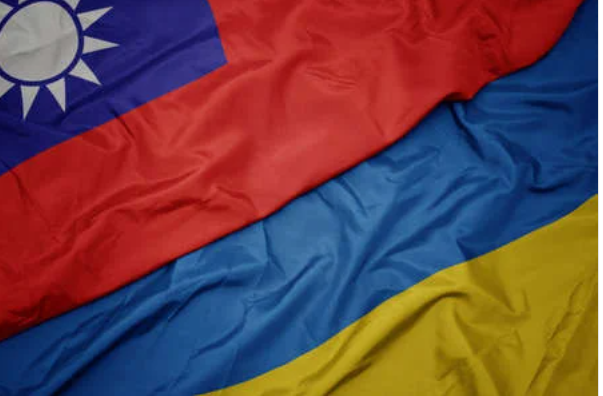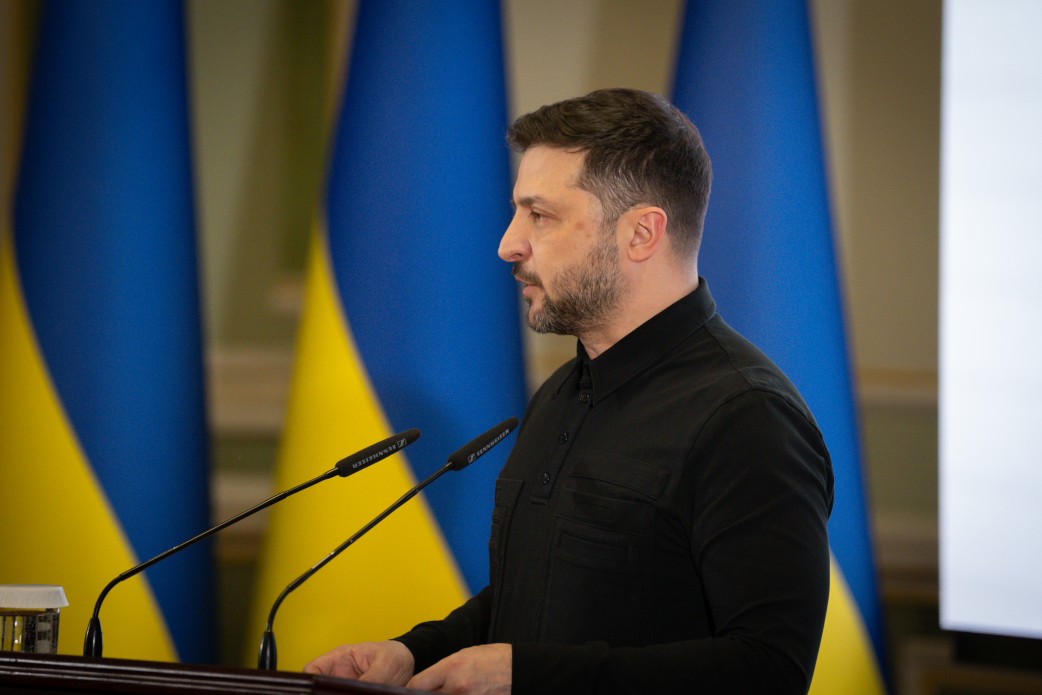In November 2022, the McFaul-Yermak group first proposed IT sanctions against Russia. Continuous work and ongoing consultations yielded results.
Starting from September 12, 2024, the US will implement strengthened IT sanctions, prohibiting American companies from providing any IT consulting, design, support, and cloud services related to enterprise management, design, and production to any legal entities in Russia.
Several leading IT companies have already announced their complete withdrawal from the Russian market to avoid secondary sanctions.
As of September 9, Russians will lose access to Notion, a service used for work organization and project management.
Slack is exiting the Russian market, discontinuing its corporate messaging service.
Miro will stop servicing accounts registered in Russia and Belarus starting September 12.
Atlassian, the owner of Jira, Trello, and Confluence, had previously left the Russian market.
Microsoft has begun disconnecting Russian users from its cloud services, in line with restrictions that take effect from September 12.
Google has blocked the registration of new accounts with Russian numbers and deprived Russian bloggers of the ability to earn revenue through AdSense starting September 9.
The enhanced sanctions will also affect CAD, ERP, CRM, and business analytics systems. Market leader in CAD, Autodesk, has already exited Russia, while SAP and Oracle have left the ERP market in the country.
At the same time, companies such as Halliburton, SLB, Baker Hughes, and Weatherford continue to provide access to their products in Russia through former subsidiaries.
Previously, Google suspended advertising on all its platforms in Russia, including YouTube, search, and media advertising. This step was aimed at cutting off revenue streams for Russian organizations linked to the state and military. Also, YouTube, which is owned by Google, blocked Russian state media channels.





















